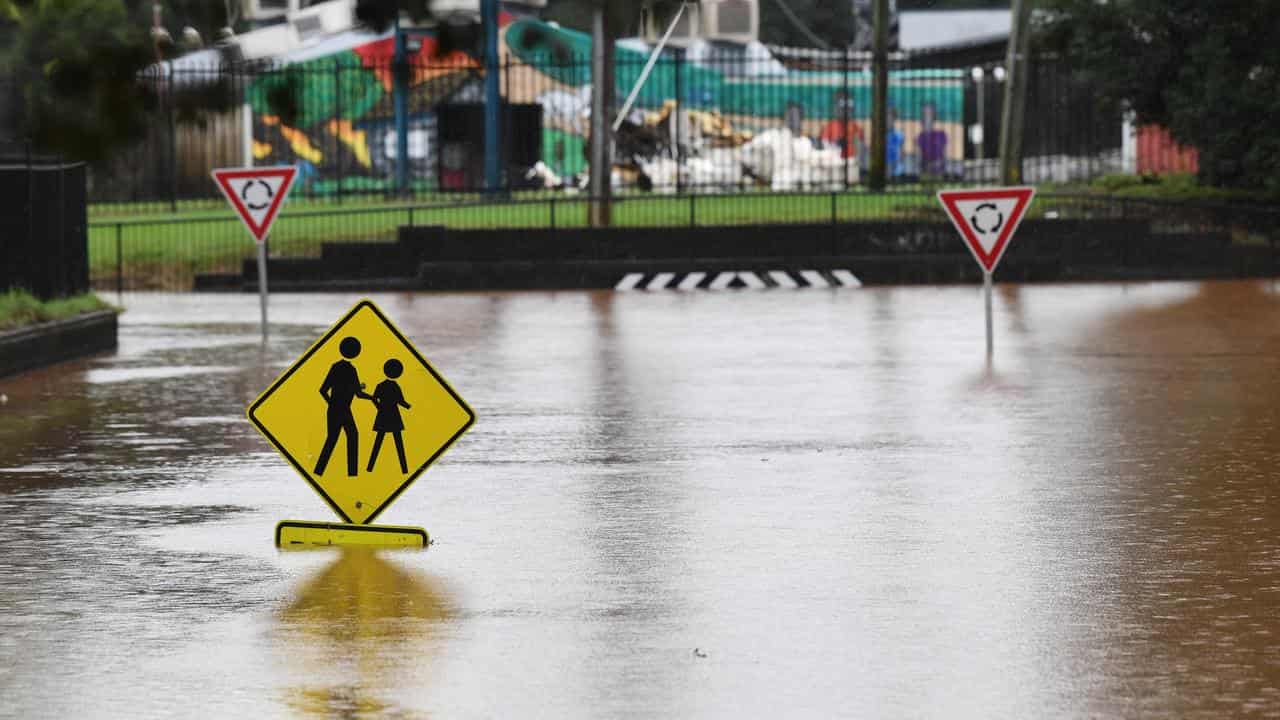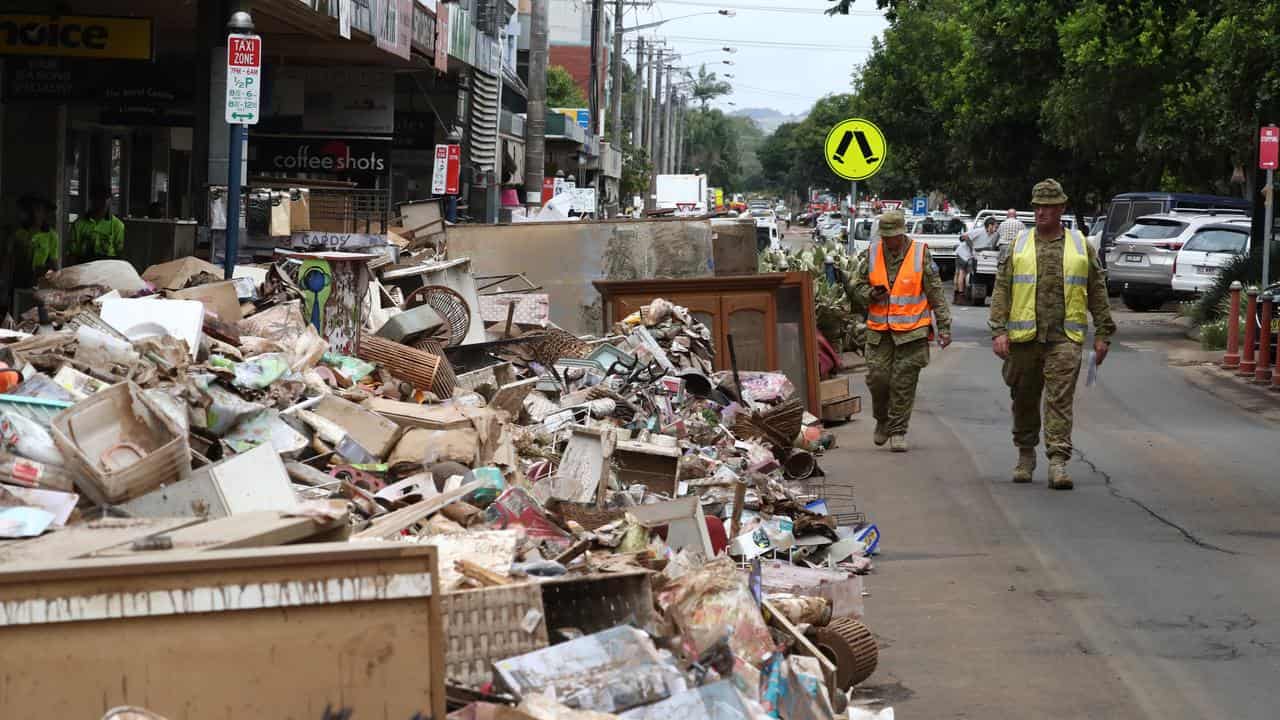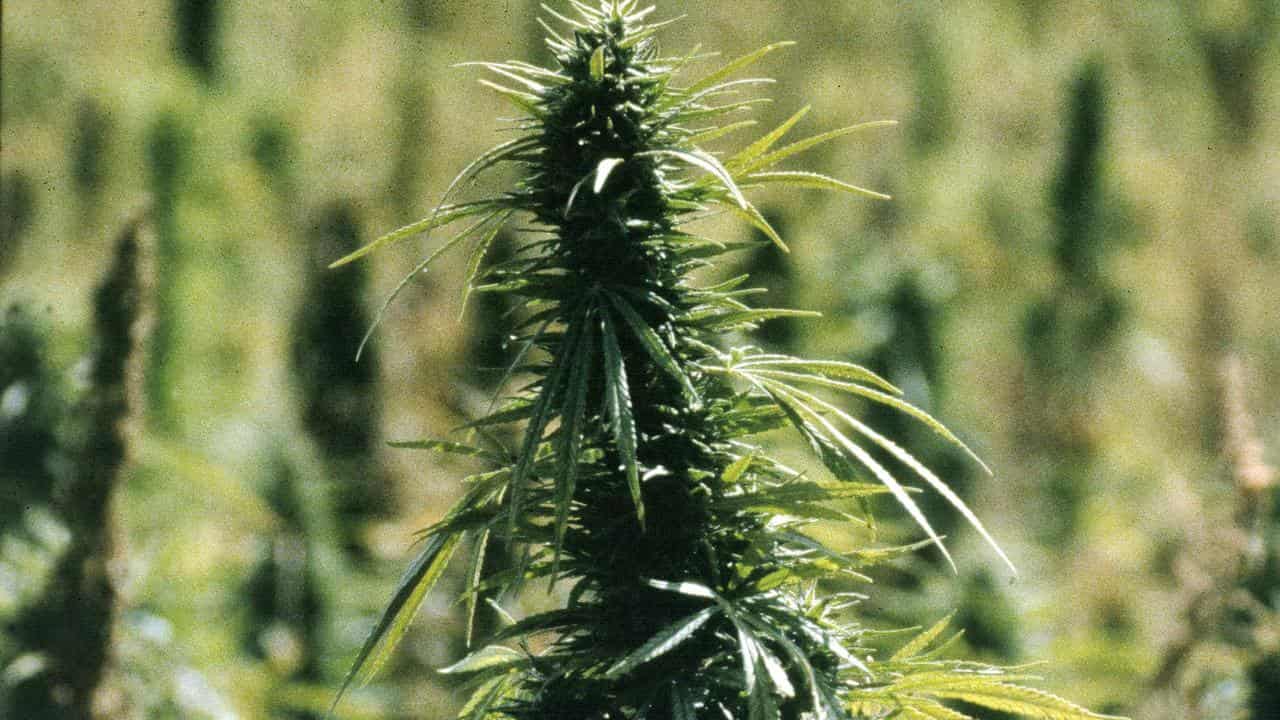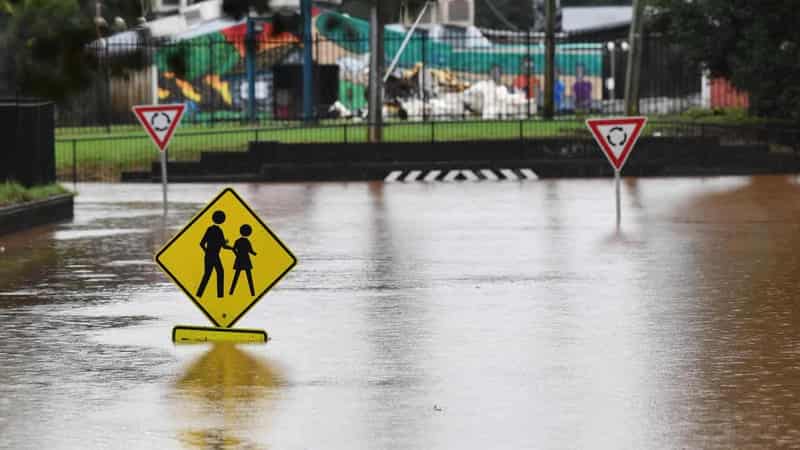
Lismore residents have experienced a surge in drug use due to trauma from the catastrophic 2022 floods, as the government scrambles to address an escalating crisis across the state.
Four years of funding worth $21 million has been earmarked for treatment and support in northern NSW as the state's drug summit continued its regional tour on Monday.
Residents are acutely aware of the drug crisis in NSW, local member for Lismore Janelle Saffin told reporters outside the conference.
"There's great trauma across the northern rivers in our communities, and that trauma has brought on a range of issues ... drug use, alcohol use," she said.
"It's still with us because we're still in recovery as a community."

The series of roundtables, an election promise by Premier Chris Minns' government, aims to address the growing number of drug-related issues.
The first day of regional sittings was held in Griffith on Friday and they continued on Monday in Lismore, where the need for systemic stigma reduction, early intervention and decriminalisation was discussed.
Specific recommendations were made for more funding for community-based programs, youth support, and harm minimisation strategies such as supervised injecting centres and pill testing.
Lismore residents were feeling what everyone across the state was, Uniting NSW/ACT advocacy general manager Emma Maiden said.
“They have reflected on the ongoing trauma being felt right across their community and on how many have either started or returned to using drugs as a way to deal with their pain," she said.
A call for a health response rather than a criminal response drew a cheer from those in the room, she said.
Health Minister Ryan Park said the new funding was an important investment in life-changing services.
“This funding will focus on increasing access to evidence-based treatment, prevention and early intervention services, especially in regional and rural areas," he said.
Up to six months of support is planned, to provide day rehabilitation and care co-ordination for parents with substance use disorders.
Withdrawal management through general practitioners and counsellors was also announced, and support for prisoners as they prepare to transition back into the community.
Services for young people will be expanded, with funding for the local health district to help expectant mothers struggling with substance use.

The summit has faced criticism over its attendee list and expected outcomes, with some ideas dismissed before it began.
Premier Chris Minns has previously hosed down suggestions cannabis should be decriminalised for personal use, or that NSW should introduce pill-testing.
Cannabis Council Australia attended the Lismore summit, advocating urgent reform of driving laws.
“Current laws in New South Wales fail to account for the unique pharmacology of medicinal cannabis,” council engagement lead Matthew McCrone says.
“THC can remain detectable for days after any psychoactive effects have worn off, penalising patients who are not impaired and forcing them to live in isolation from their communities."
The government pledged almost $10 million for similar support in Griffith coinciding with Friday's hearing.
Two hearings are scheduled in Sydney in December.
The summit aims to build consensus and social licence for drug reforms - modelled on a week-long forum in 1999 that led to Australia's first supervised injecting room.









